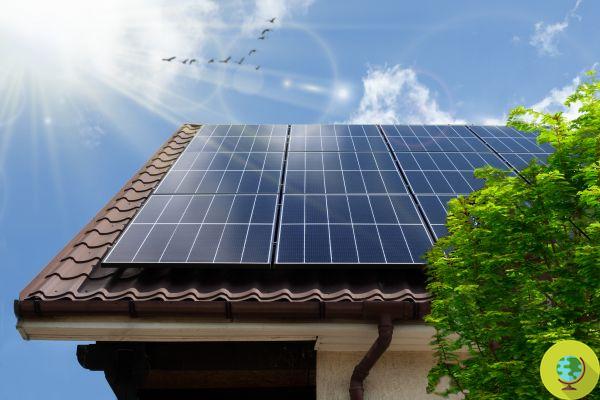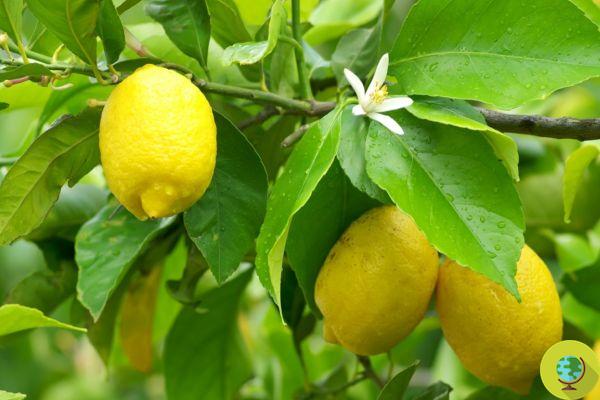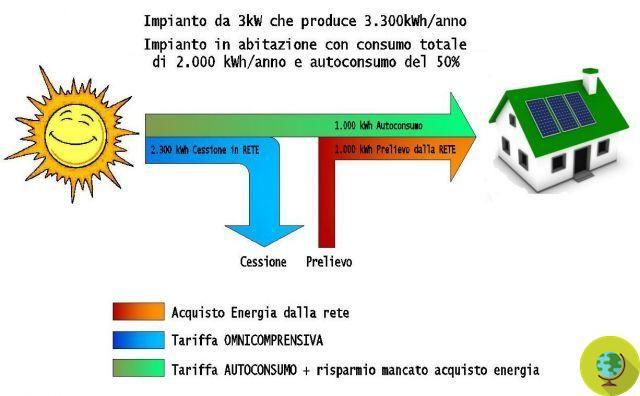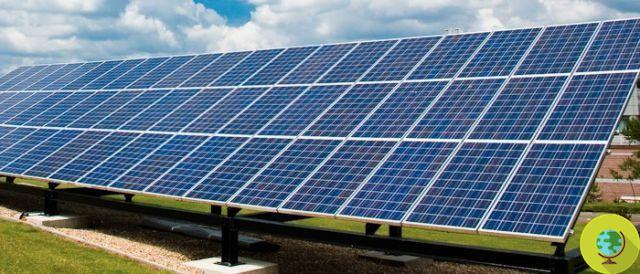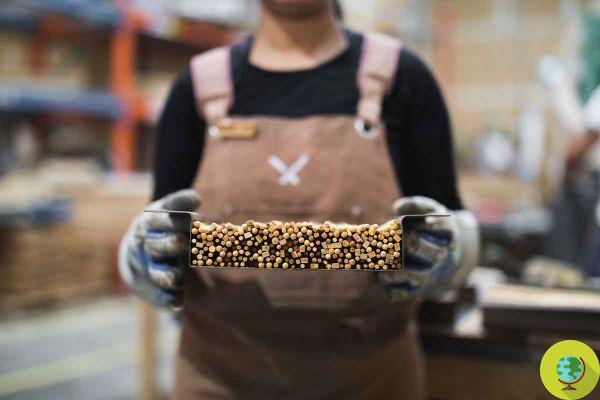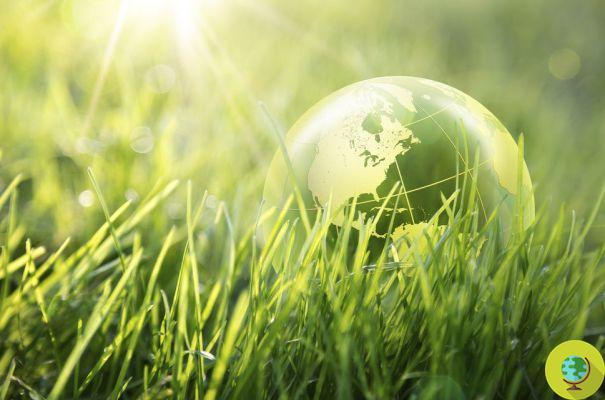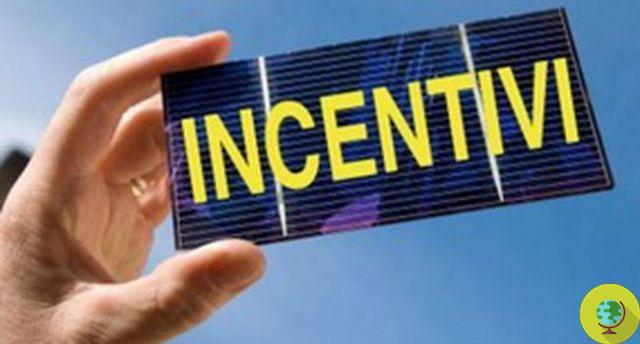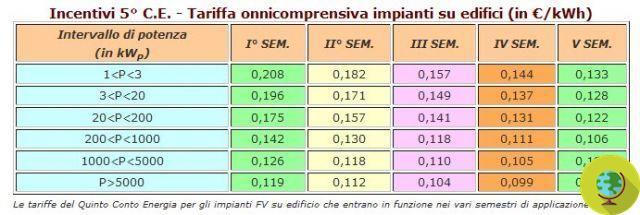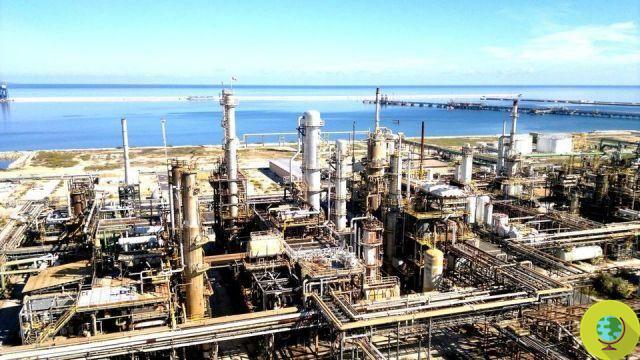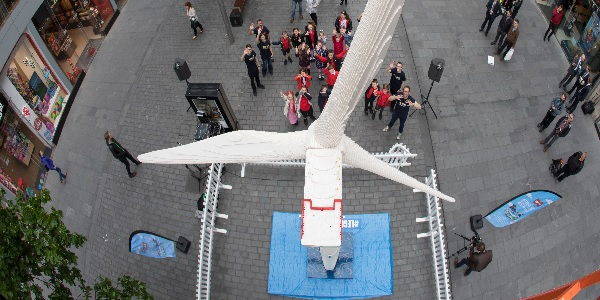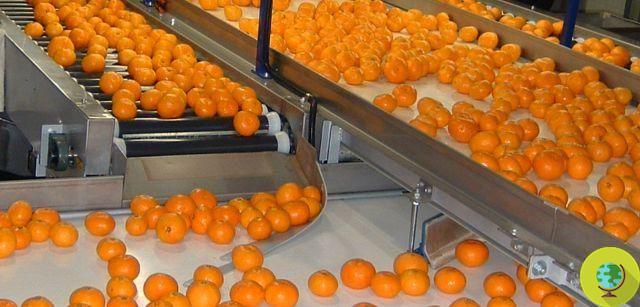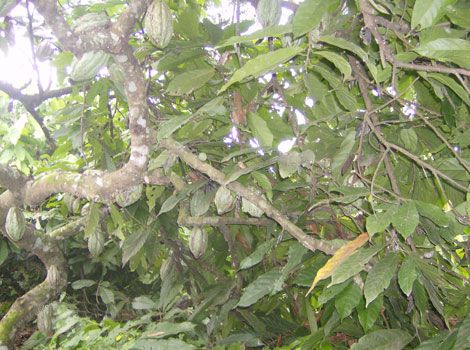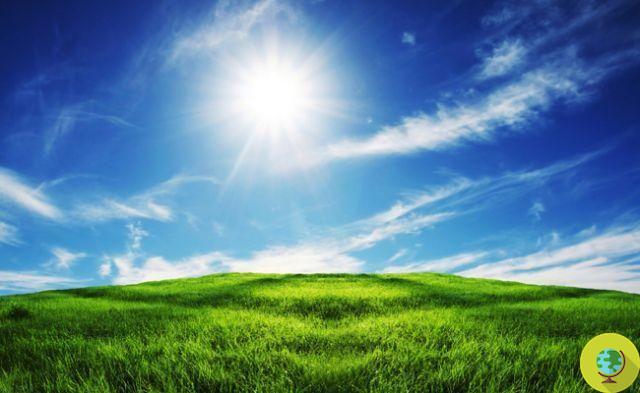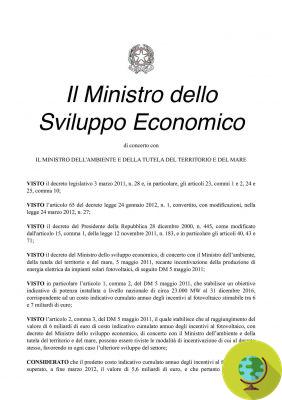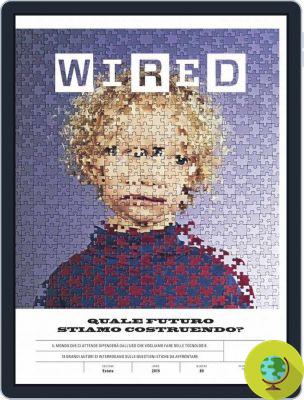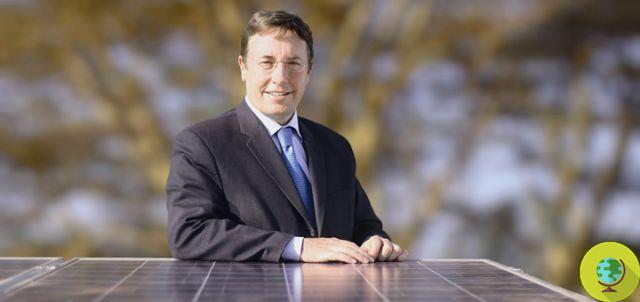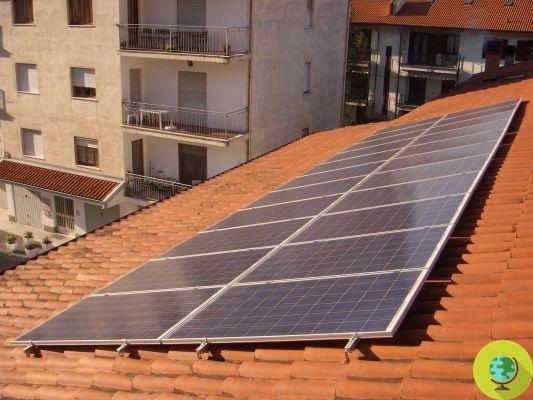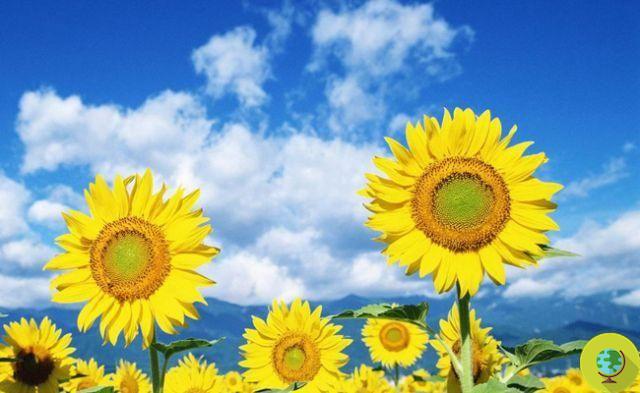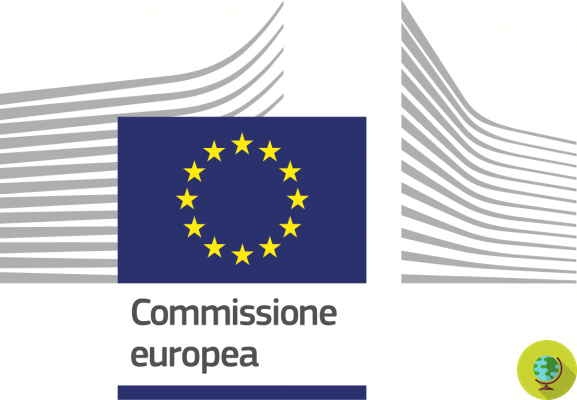
A more sustainable economy based on renewable resources. In terms of energy, but not only. The European Commission has today adopted an action plan to deal with the exponential increase of the world population and the contemporary, but inevitable, depletion of resources. "Innovation for sustainable growth: a bioeconomy for Europe" is the name of the strategy developed in Brussels with the aim of "creating a more innovative society and a low-emission economy, reconciling the need for sustainable agriculture and fishing and food security with the sustainable use of renewable biological resources for industrial purposes, while protecting biodiversity and the environment ".
He is about to end up run over, his mother saves him
A more sustainable economy founded on renewable resources. In terms of energy, but not only. There European Commission today adopted an action plan to deal with the exponential increase in the world population and the contemporary, but inevitable, depletion of resources. “Innovation for sustainable growth: a bioeconomy for Europe” is the name of the messa strategy about to Bruxelles with the aim of "creating a more innovative society and a low-emission economy, reconciling the need for aagriculture and sustainable fishingie of food safety with the sustainable use of renewable biological resources for industrial purposes, while protecting biodiversity and the environment ".
Beyond the Petroleum. At the basis of the bioeconomy there must be renewable biological resources able to produce safe food and feed, but also materials, energy and other products. The term itself refers to an economy that is based on resources from land and sea, but also from waste. Therefore the strategy will be centered on three key aspects starting with the development of new technologies and products, as well as the development of markets and competitiveness in the various sectors and the stimulation of greater collaboration between policy makers and stakeholders. In particular these are the main axes:
- Investments in research, innovation and skills for the bioeconomy: this should include EU, national resources, private investment and the promotion of synergies with other policy initiatives.
- The development of markets and competitiveness in sectors of the bioeconomy, through a sustainable intensification of primary production, the conversion of waste streams into products with added value, as well as mutual learning mechanisms for better production and resource efficiency. The disposal of food waste, for example, costs the European taxpayer between 55 and 90 euros per ton and produces 170 million tons of CO2.
- A tighter policy coordination and a greater commitment of stakeholders, achieved through the creation of a platform on the bioeconomy and an observatory on the bioeconomy and the organization, at regular intervals, of conferences for those active in this sector.
Also because the European bioeconomy already currently boasts a turnover of around 2 thousand billion euros giving works to over 22 million people (9% of total European employment) in the various sectors of agriculture, forestry, fishing, food production, but also the chemical, biotechnological and energy industries. It is also calculated that for each euro invested in research and innovation in the bioeconomy, "the impact in added value in the sectors of the bioeconomic sector will be equal to ten euro by 2025".
For this it becomes fundamental create synergy and complementarity with other sectors, funding instruments and sources, as well as common policies (such as CFP and CAP) for certain sectors. Some EU Member States such as Finland, Denmark, Germany, Ireland and the Netherlands have already developed national bioeconomy strategies, as have Canada, China, South Africa and the United States globally.
And for this the public funding for research and innovation on the bioeconomy as foreseen under the future Horizon 2020 research program.
«Europe must move to a 'post-oil' economy. A greater use of renewable sources is no longer just a choice but a necessity. - said Máire Geoghegan-Quinn, the Commissioner responsible for Research, Innovation and Science - We must promote the transition to a society based on biological rather than fossil, using the engines of research and innovation. This is a positive move for the environment, energy and food security and for Europe's future competitiveness “.





